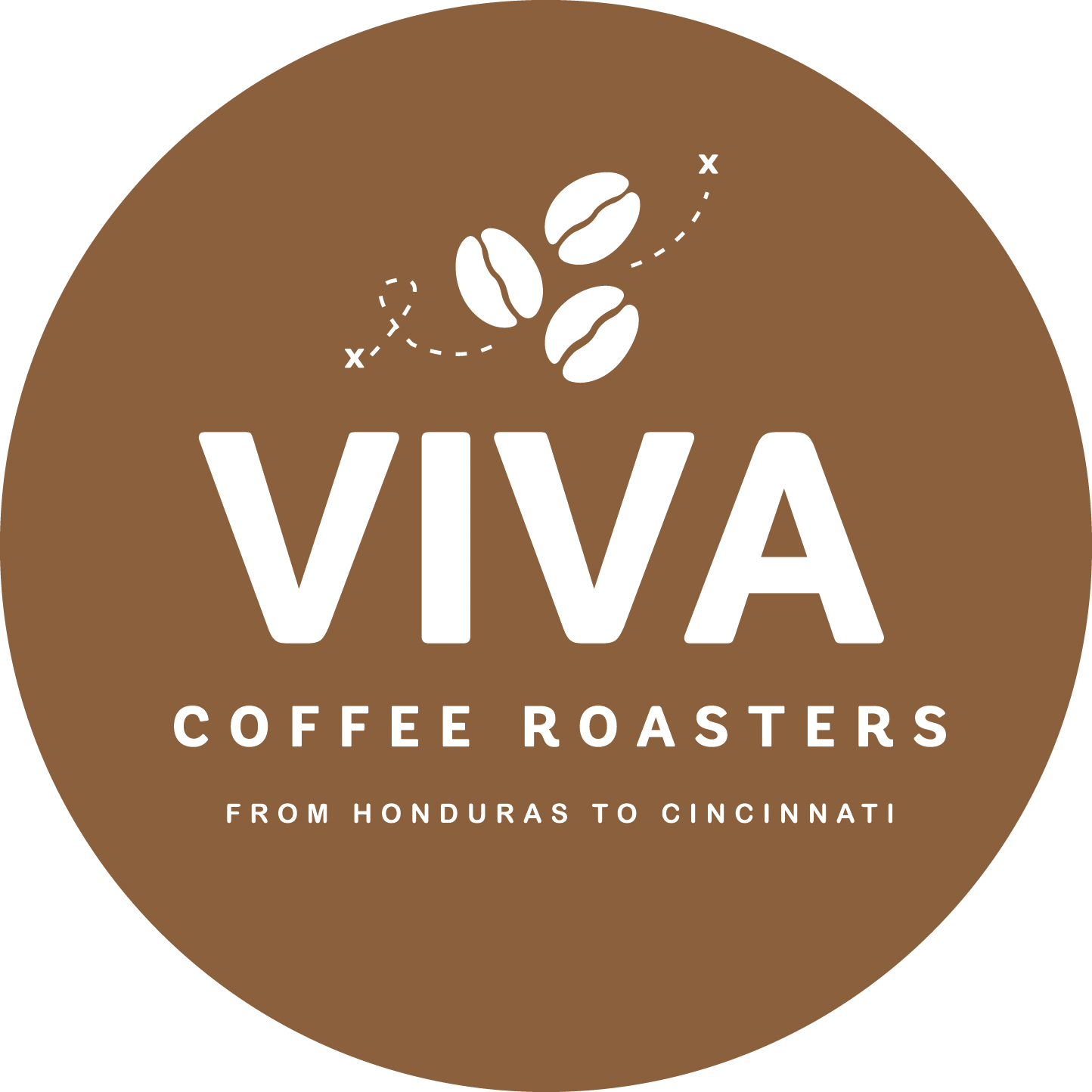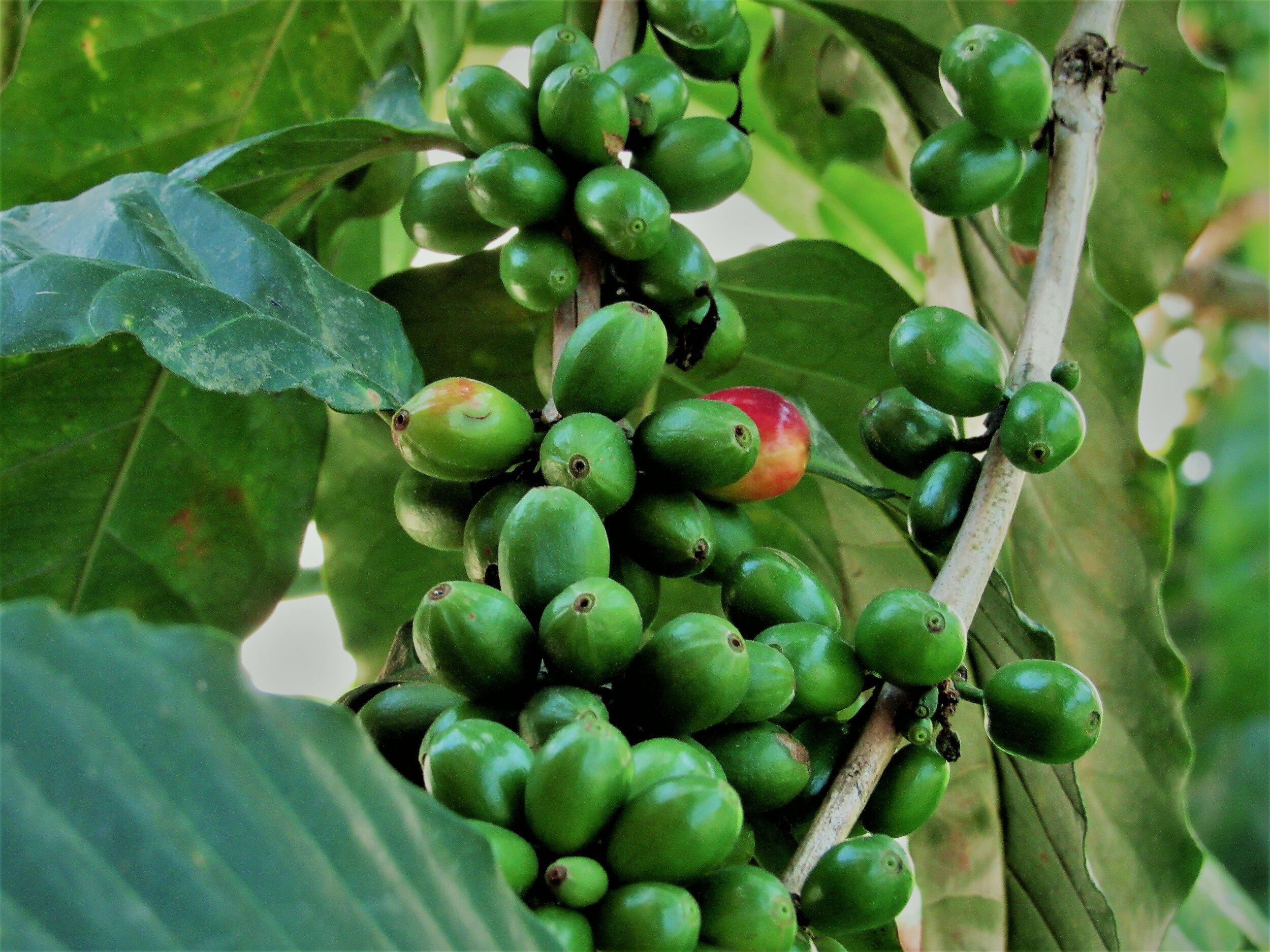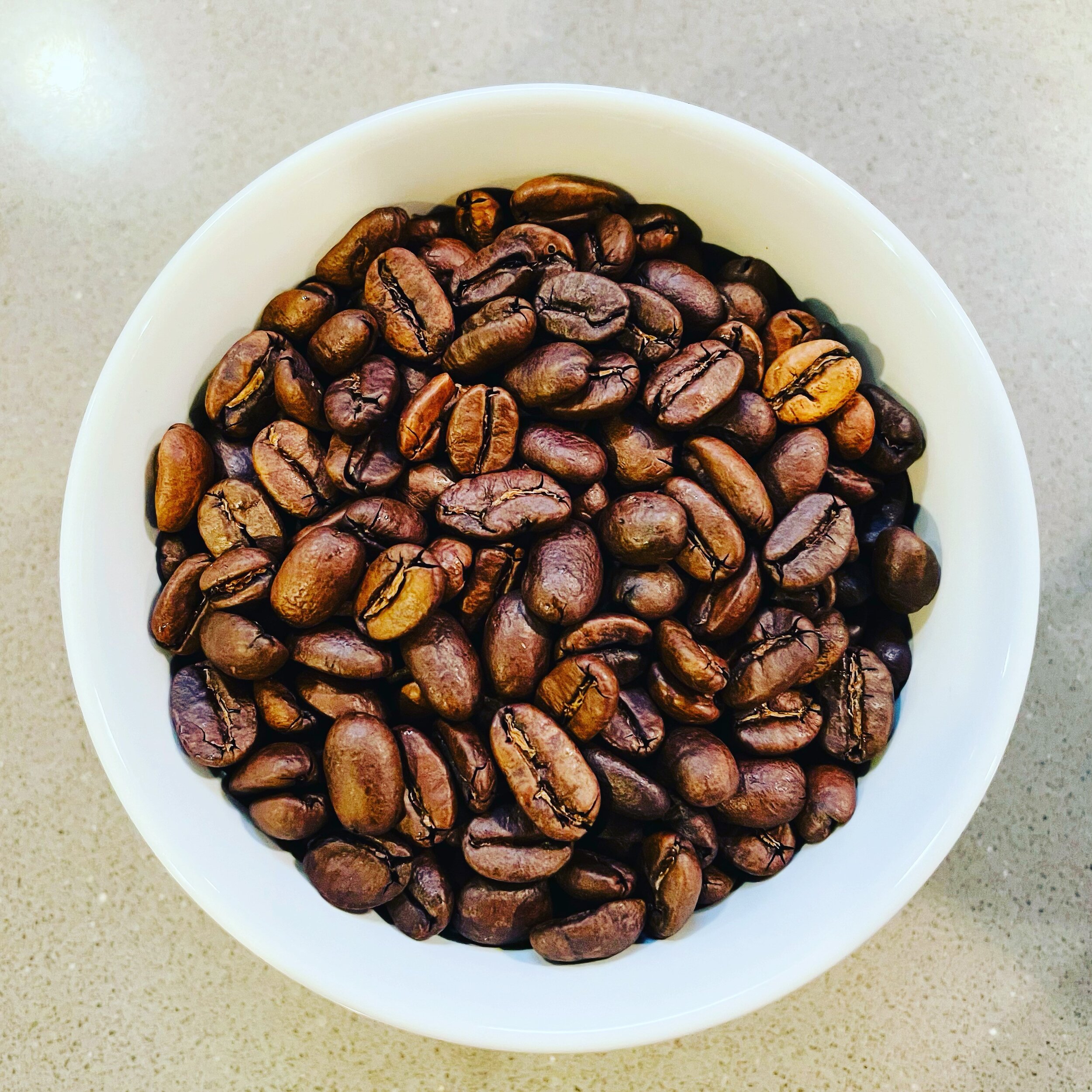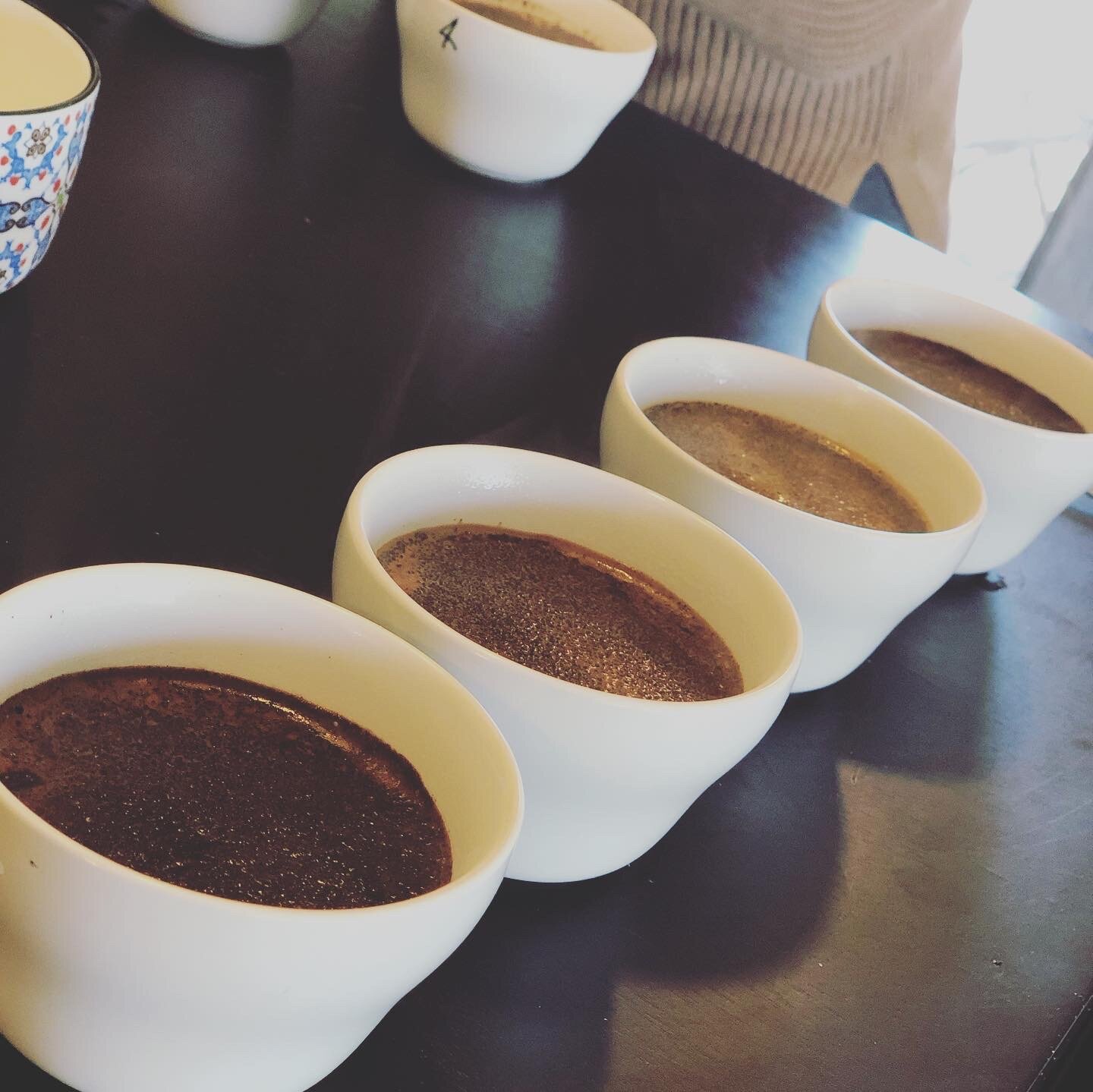Our COFFEE
Is it Arabica? Is it Robusta? Is it washed or is it naturally dried? Let us give you a quick introduction about our coffee and how it travels more than 1,700 miles from the Sierras in Western and Central Honduras to the heart of the USA in Cincinnati, OH.
Where does it come from?
100% of our coffee is grown in Honduras, Central America. In the last few years, Honduras has become one of the key players in the production of high quality coffees in the world. As of 2021, Honduras is recognized as:
6th largest producer of coffee in the world
3rd largest producer in Latin America after Brazil and Colombia
Top 1 producer of coffee in Central America with a total annual production larger than the combined volumes of Nicaragua, Guatemala, and Costa Rica
Recognized by the Specialty Coffee Association (SCA) as one of the best coffee origins in the world with multiple awards and normally showcasing coffees with 90+ points at the Cup of Excellence annual competition.
In the last decade, the demand for Honduran coffee has experienced an unprecedented growth due to its unique flavor, high altitude regions, and its increased focus on specialty grade beans. Its close geographical proximity to major world markets such as the USA and Europe, allows for quick distribution of the beans which in turns preserves their freshness prior to roasting
Honduras Coffee Regions as shared by Ihcafe and Honduras IHT, 2021
What type of coffee Is grown in Honduras?
More than 95% of the coffee grown in Honduras is Arabica, which is the main variety of coffee consumed in the Western Hemisphere. Arabica beans posses a precious balance, body, and acidity. Honduran farms mainly use Bourbon, Catui, Caturra, Pacas or Lempira variations of arabica.
There are 6 distinct coffee regions in Honduras, each one producing coffee with distinct notes: Copan, Montecillos, Opalaca, El Paraíso, Comayagua, and Agalta.
The altitude for these regions varies from 1,000 mts up to 1,600 mts providing the beans with some unique as delightful flavors and aromas.
The classification of Honduran coffee is designated based on the altitude where it is grown:
Strictly High Grown (SHG) - High: Produced in altitudes greater than 1,200 meters
High Grown (HG) - Mid: Produced in altitudes between 1,100 y 1,200 meters.
Central Standard (CS) - Lower: Produced in altitudes between below 1,100 meters.
For SGH and HG you can expect coffees with notes of chocolate, cinnamon, citric and fruits, and bright acidity. All of our coffees are SGH classification (highest quality level) in order to ensure specialty grade coffee beans.
How are the beans sourced?
Our vision is to contribute to a better world, one where everyone can live with dignity, love, and respect. To achieve our vision, we only partner with small farmers or cooperatives and we trade directly with them. This means that we are able to pay a fair price for coffee, in some cases up to 50% higher than the world’s market price. By paying a fair price for high quality coffee, we provide farmers with the resources they need to invest in their farms and be able to meet the needs of their families. Some facts related to coffee in Honduras:
Honduras has more than 100,000 small to medium coffee family operates farms that contribute to 95% of the country’s total production of coffee.
The average size of these small-scale farms is 3-5 acres of land
During harvest season, 1 in every 10 Honduran depends on coffee as their primary source of income
Coffee represents 5% of the country’s total gross domestic product (GDP) and 30% of the total agriculture industry.
About 1 million families are directly or indirectly involved in the production and distribution of coffee in Honduras
50% of people working in coffee farms and related industries are women.
We are committed to fair and direct trade with small and medium size farmers in Honduras. Our goal is to improve the lives of those related to the coffee industry so that we can all live with dignity, love, and meaningful relationships. Read the story of one of our cooperative partners HERE.
Our very FIRST Roast. Not the best run but such a powerful meaning. The beginning of a dream.
Where do you roast the coffee beans?
Our Roasting house is located in Cincinnati, Ohio. Cincinnati is a vibrant city that has fallen in love with coffee, soccer, and good food - just like Honduras. The city has welcomed immigrants since the late 1800s and when the Ramos Vivas family arrived in 2012 it seemed like the perfect city to establish new roots. The city has a strong history and passion for coffee, with multiple roasting houses and coffee shops that can prepare elegant and delicious cups.
Upon arrival from Honduras, the green beans are meticulously inspected for any defects or quality characteristics intrinsic to coffee beans. Once inspected, the beans are run through our Roasting process following the highest quality standards and process controls to ensure consistency in our final product. The beans will be roasted to the specific level indicated by our customers. From a City Blonde to an Espresso Dark, we will roast them to order.
After roasting, the batch is sampled by our master roaster that has been trained on SCA cupping standards. Once approved, the roasted beans are stored to “rest” so the flavor, notes, and aromas can sink in.
Depending on the customer order, the coffee is then packaged as a whole or ground bean. Our inventory levels are kept at a minimum to ensure having only fresh coffee available for shipment. We only roast coffee based on actual orders. The duration from roast to consumption can be as short as 3 days, which means you will enjoy the freshest cup.




